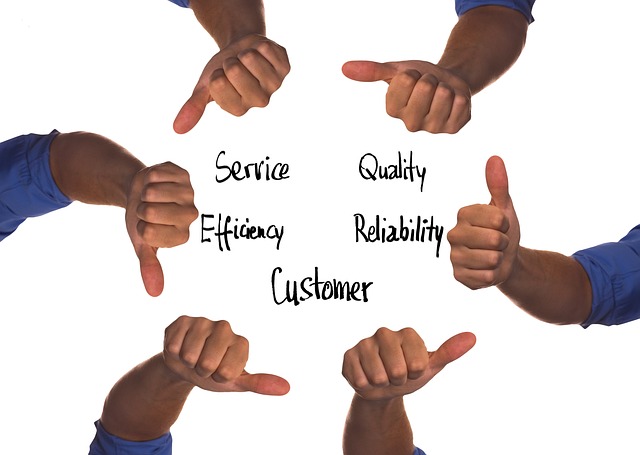Integrating Coaching into Organizational Talent Strategy
Integrating coaching into an organization's talent strategy creates a sustained approach to developing leaders, improving performance, and building adaptive culture. This article outlines practical ways to embed coaching, link it to development pathways, and measure impact across management layers.

Integrating coaching into talent strategy means treating coaching as an intentional component of workforce development rather than an ad-hoc activity. When coaching is aligned with business goals, it becomes a tool for improving management practices, accelerating development, supporting succession plans, and embedding a coaching culture that sustains performance improvements over time. This approach combines assessment, targeted interventions such as workshops and one-to-one coaching, and evaluation metrics that connect development to measurable outcomes.
How does coaching enhance management?
Coaching helps managers convert strategy into action by developing their ability to set priorities, give constructive feedback, and influence outcomes. Through coaching conversations, managers learn to diagnose team challenges, create clear performance expectations, and build accountability routines. Practical coaching for management often focuses on goal-setting, delegation, decision-making, and emotional intelligence, improving both day-to-day operations and longer-term leadership capability. Regular coaching also reduces reactive management behaviors and promotes proactive planning.
What role does coaching play in mentoring?
Coaching and mentoring are complementary: mentoring transmits experience and career guidance while coaching focuses on unlocking an individual’s potential through questioning and reflection. Integrating coaching into mentoring programs encourages mentors to adopt reflective techniques, ask powerful questions, and support mentees in defining their own solutions. This hybrid approach preserves the knowledge transfer strengths of mentoring while adding the behavioral change mechanics of coaching, improving development outcomes for mid-career and emerging leaders.
How does coaching improve communication?
Effective communication is a common target in coaching engagements because it directly affects teamwork, stakeholder influence, and conflict resolution. Coaches work with individuals to refine listening skills, clarify messaging, and adapt style to different audiences. These micro-skills translate into better meeting dynamics, clearer expectations for teams, and stronger relationships across the organization. Embedding communication-focused coaching in talent programs reduces misunderstandings and increases alignment with strategic priorities.
Can coaching strengthen teamwork?
Coaching contributes to teamwork by building trust, clarifying roles, and enhancing collaboration norms. Team coaching sessions or collective development workshops can surface patterns that hinder performance and create shared agreements for how members interact. When team-level coaching is combined with one-to-one development, individual accountability and group cohesion improve simultaneously. Over time, teams coached on psychological safety and task processes show better problem-solving and more consistent delivery against goals.
How does coaching influence resilience and performance?
Coaching helps individuals and teams develop resilience by creating practices for reflection, stress management, and adaptive problem-solving. Coaches support coachees in reframing setbacks, identifying coping strategies, and building routines that conserve energy and focus. These behavioral shifts often lead to more consistent performance under pressure, improved recovery after setbacks, and sustained engagement. Measuring changes in performance, retention, and wellbeing can show how coaching contributes to organizational resilience.
How does coaching support succession and strategy?
When coaching is integrated with succession planning, it accelerates readiness for higher responsibility by addressing capability gaps and leadership stretch assignments. Coaching complements assessment centers and development workshops by creating personalized development plans tied to strategic roles. Use of executive coaching for potential successors helps simulate role demands, test decision-making, and strengthen strategic thinking. Embedding coaching in leadership pipelines ensures that promotions are backed by observed behavioral change rather than just experience.
Conclusion Embedding coaching into an organizational talent strategy requires clear alignment with business objectives, a mix of individual and team interventions, and mechanisms for measuring progress. By linking coaching to management development, mentoring efforts, communication improvements, teamwork, resilience, and succession planning, organizations can create a coherent pathway from development activity to measurable impact. Consistent application and ongoing assessment help ensure coaching contributes to sustainable capability growth across the enterprise.




